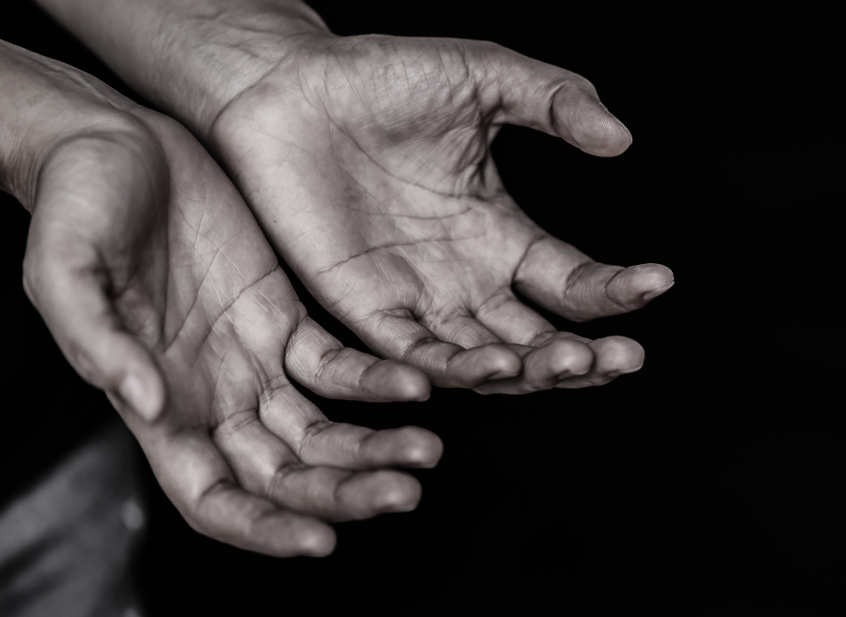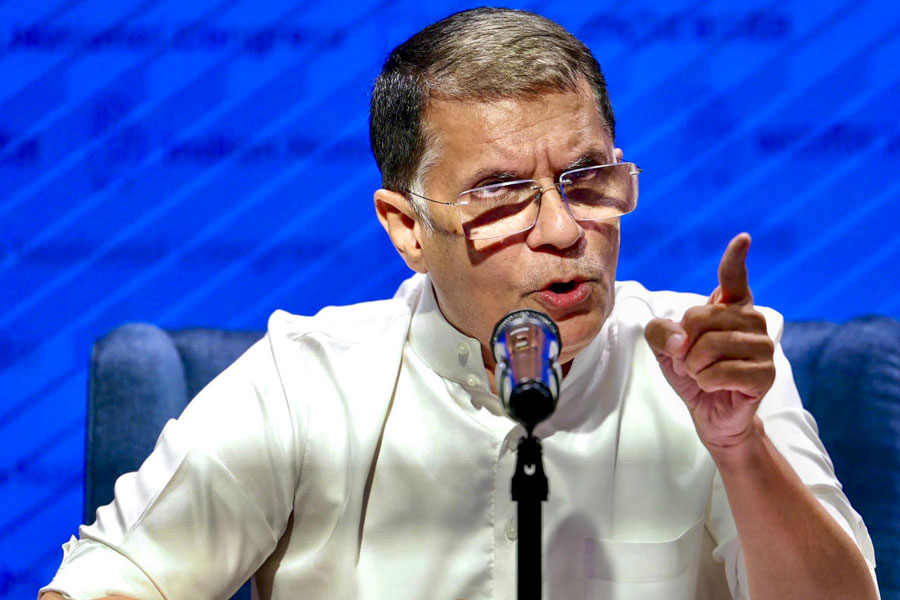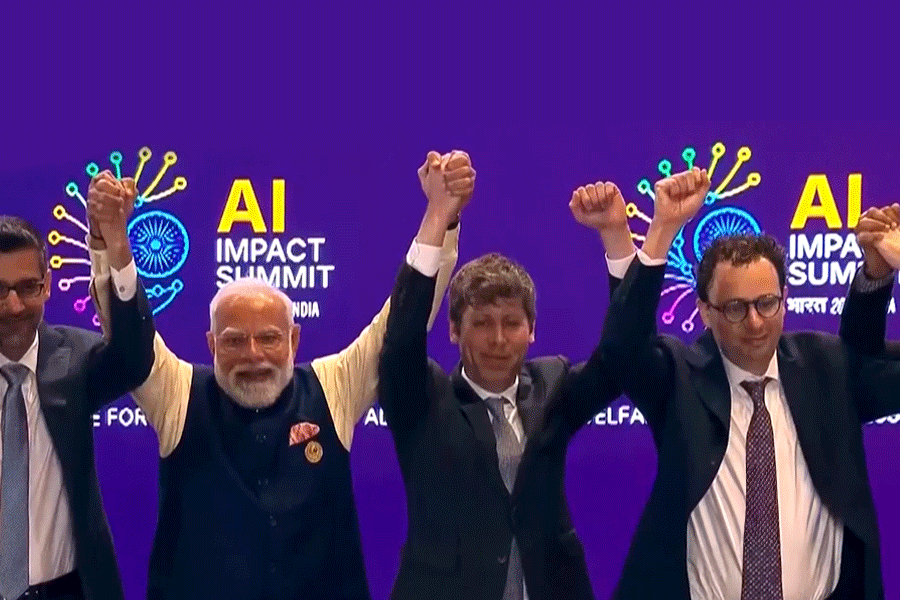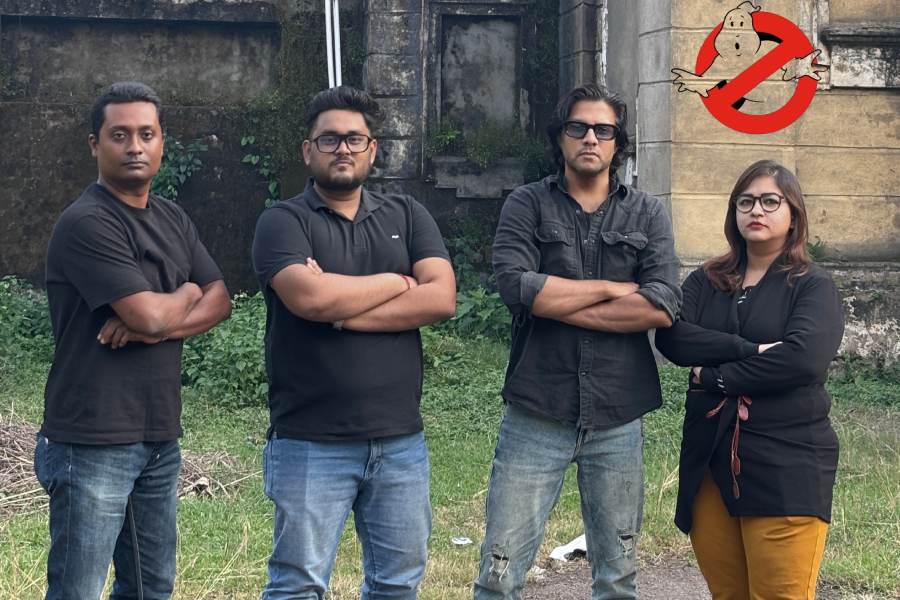The jailbreak and recapture of two women in Kerala lay bare Indian society’s disregard for the rights of the underprivileged.
This is a society in which the majority glorifies the idea of motherhood by attributing it to the country, to cows and to numerous deities, but treats mothers in every day life with indifference and cruelty, especially if they are underprivileged. Inequality is embedded in social attitudes; it even permeates professional action.
Nothing else can explain how two women with children under five were not only incarcerated for four months as undertrial prisoners for offences that would perhaps have entailed three months in jail but were also not informed by the police, the lower court or legal aid services that they could have free legal aid and maybe bail, although they could not provide the required sureties.
When the two broke out of a prison in Thiruvananthapuram in an effort to see their children because their husbands were unemployed, however, they were perceived, rather satirically, as the first women to breach the male ‘bastion’ of jailbreak — the metaphor grates — and also as proof of the breakdown of law and order, to correct which the government pulled out all stops to recapture them.
That the women, fearing they would be imprisoned for a long time, braved the might of the State just to see their children because they were mothers driven to desperation by the justice system remained invisible to the authorities.
The principle that all are equal before the law does not mean that equality is black and white. Where society is unequal, equality in justice has to be shored up with supporting systems and constantly worked for. Three judges of the Supreme Court, one retired, inspected conditions in prisons last year. That led to a strongly-worded rebuke by the court to all officials concerned with the implementation of reforms, the functioning of allied institutions and the maintenance of prisons.
The court pointed out that 62 per cent of the inmates were undertrial prisoners, and said in effect that overcrowding in jails had reached incredible proportions; physical conditions such as bathrooms and sewage were abysmal; prisoners including women and children were not treated as human beings while some special inmates enjoyed comfortable lives. The court remarked on the dismal performance of undertrial review committees, which could reduce overcrowding by just doing their job.
Disregard for the rights of the poor is so ingrained even among administrators that the court’s admonition has had little effect. The women in Kerala would have had a better deal with an active UTRC around. The police did not bother to mention in court either their poverty or the fact that theirs were hunger crimes, committed to feed their children. Yet the system offers free legal aid precisely for such people. Instead, the process has succeeded in creating new criminals out of two first-time offenders for breaking jail and stealing clothes, a purse and a scooter to escape. Whose guilt should here be weighed on the scales of justice?










